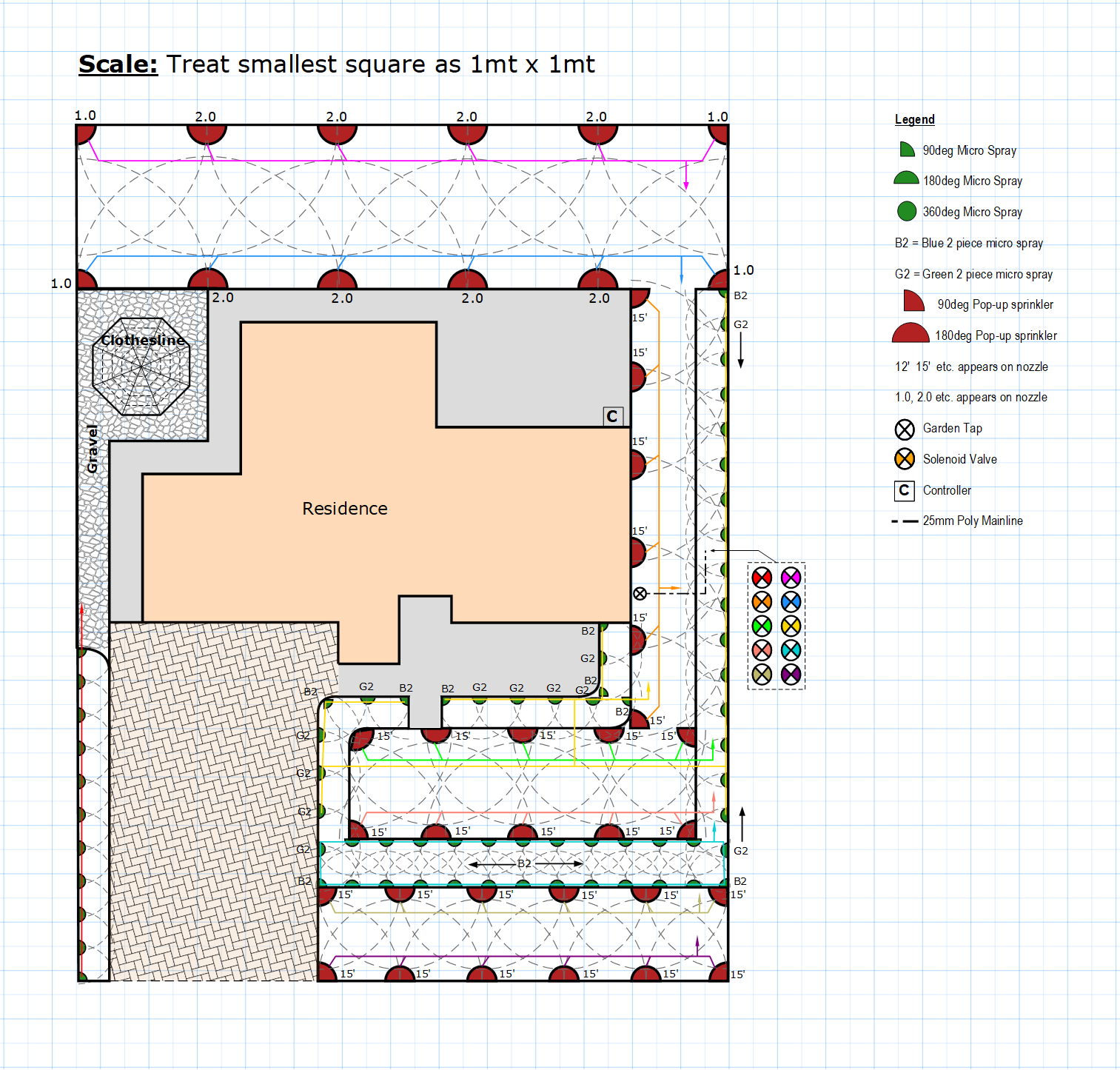Step-by-Step Guide to Sprinkler Systems and Fire Brigade Drills
Step-by-Step Guide to Sprinkler Systems and Fire Brigade Drills
Blog Article
Fire safety is not just a precaution; it’s a necessity. Sprinkler systems and fire brigade training form the foundation for responding to fire incidents.
Sprinklers work to contain fires automatically, emergency responders address broader challenges. Together, these elements create a powerful fire safety plan.
The Basics of Fire Suppression Technology
Sprinkler-based safety systems operate automatically to control fires. Responding to rising heat levels, these systems release water to where it’s needed most.

Key advantages to use automatic suppression systems include:
- Quick suppression: Minimizes damage.
- No manual intervention needed: Provides constant readiness.
- Localized activation: Limits water waste.
Why Fire Brigade Training is Crucial
Emergency response training trains personnel to handle fire-related situations. Even with advanced systems, well-prepared teams are necessary.

Preparedness drills for brigades teach the following areas:
- Identifying hazards: Recognizing common fire hazards.
- Practicing exit drills: Organizing safe exits.
- Mastering fire equipment: Building confidence in fire control.
Como funciona o sistema de sprinklers?Quais são os tipos de sprinklers?brigada de incendio
The Importance of Combining Systems and Training
Fire suppression setups and team training offer a dual layer of protection. While sprinklers activate immediately, trained teams step in for complex situations.

The synergy between these solutions minimizes damage for homes and apartments, commercial spaces, and large-scale facilities.
Conclusion: Prioritizing Fire Safety with Technology and Training
An integrated approach to fire protection relies on both systems and responders. Advanced fire suppression setups act as the first line of defense, while fire brigade training complements the system’s capabilities.
Take action to improve fire protection now by organizing preparedness drills. Safety starts with preparation and technology!
Report this page